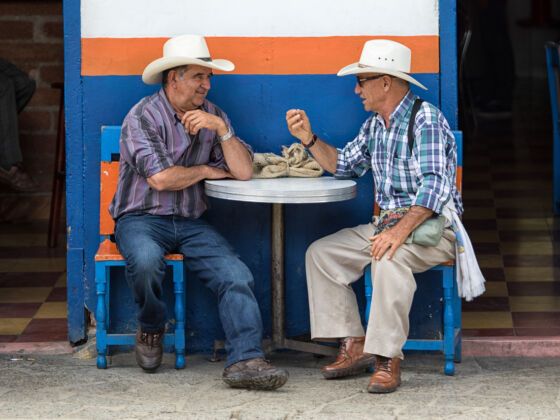FOR A NUMBER OF YEARS, Colombia has been named one of the happiest countries in the world. I’ve lived in Colombia for nearly four years, and learned a little about the secrets to their happiness. Are there some Colombian customs that we could all adopt in our pursuit for joy? Here are a few ideas:
1. Family values
Family is the most important thing in the world for most Colombians. It’s normal to see a man walking down the street with his arm around his mother. In turn, mothers will spoil their children for as long as they can, which may be why it is common for Colombians to live at home until they get married. It is rare for older people to move into care homes. Colombians see it as their responsibility to take care of their parents as they get older.
